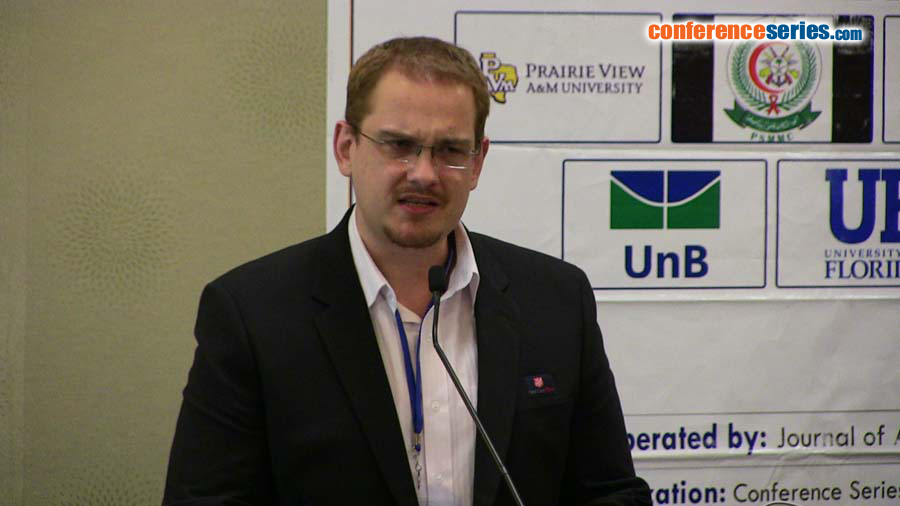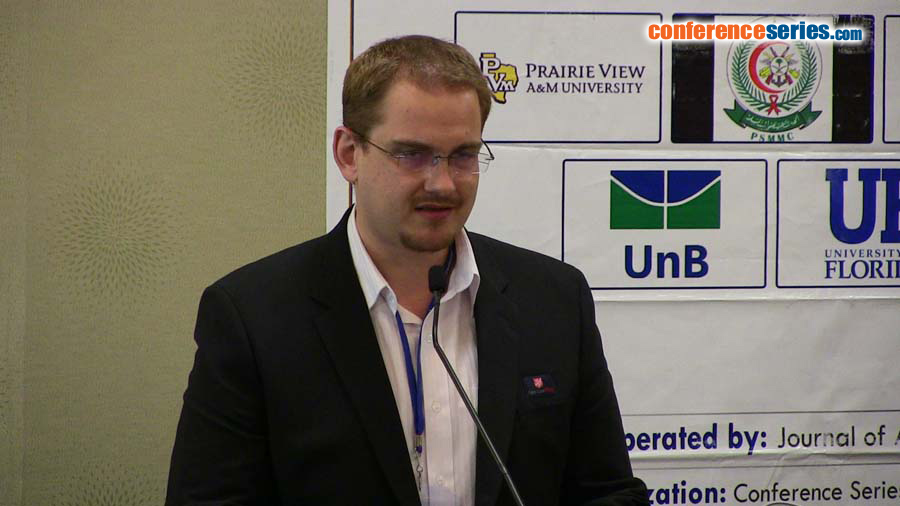
Peter Bewert
The Salvation Army Aged Care Plus, Australia
Title: Homelessness, mental health and holistic support: A lifestyle and wellness model in residential care
Biography
Biography: Peter Bewert
Abstract
The model of care is based on a relationship-based, person-centred focus offered as a specialist care home for men, the majority of whom have a mental illness, history of incarceration/institutionalisation or homelessness, substance abuse and previous failed residential placements. There is a general reluctance to admit this cohort to mainstream aged care for various reasons (substance use/abuse, personal hygiene and compatibility). Further, some residents in the centre have come from the justice system, where disproportionate percentages are sex offenders; not always preferred candidates for residential aged care homes require placement. 150% of the current resident population at Montrose are managed through the Office of the Adult Guardian (Public Trustee) due to a history of incarceration or homelessness. With a basis in equality and empowerment, the model comprises a three staged, resident centric governance process achieving balance between dependence, interdependence and independence by: •Focusing on capabilities, not deficits •Fostering a shared understanding of importance in the residents day-to-day life, their current situation and the future they desire. Experience has shown the best relationships are reciprocal – thus, the centre philosophy is based on a collaborative, reciprocal and respectful relationship between the residents and care staff. This is vital working with people who have limited family and social networks. The care home is well respected as a unique and dynamic home with a focus on relationships and connection to others. Since implementing the model in 2013 there has been a reduced resident turnover rate within the home with fewer discharges related to decreased life expectancy or return to a homeless lifestyle. Residents experience an increased sense of contentment and community connect with the local community and residential community at the home.



